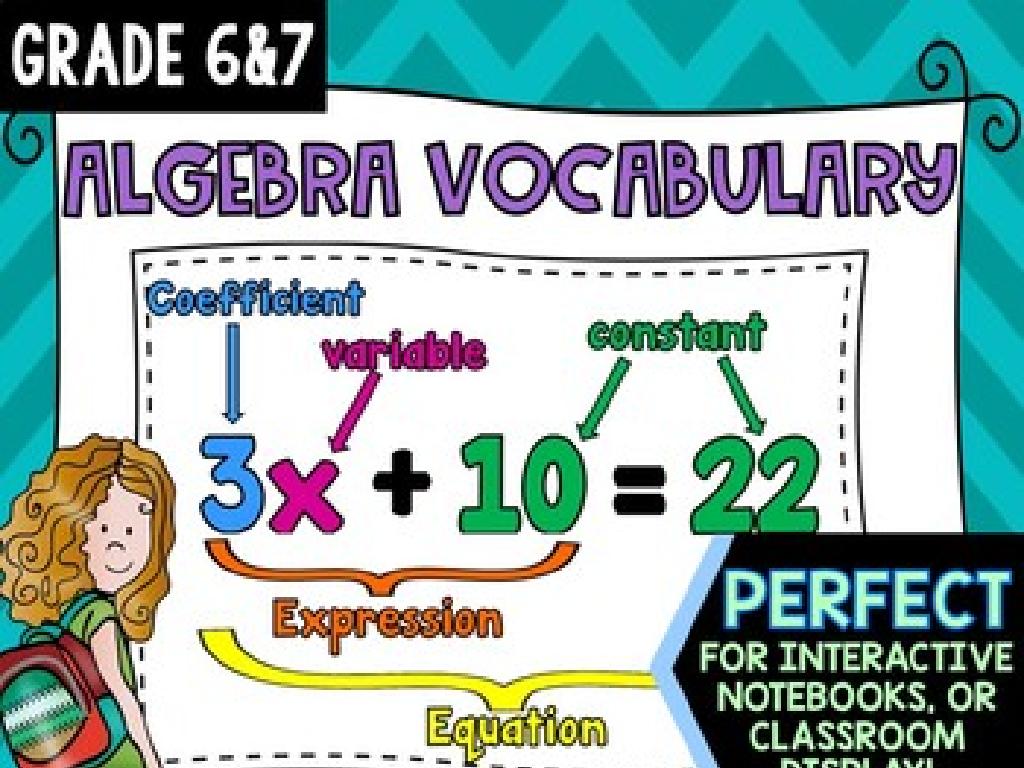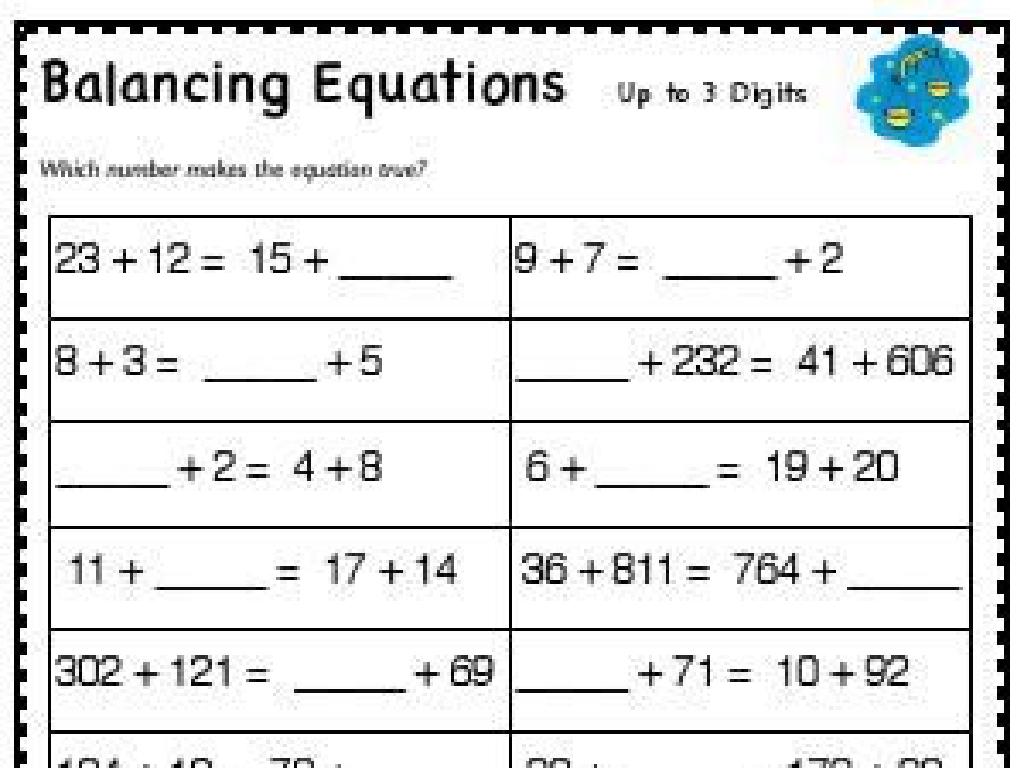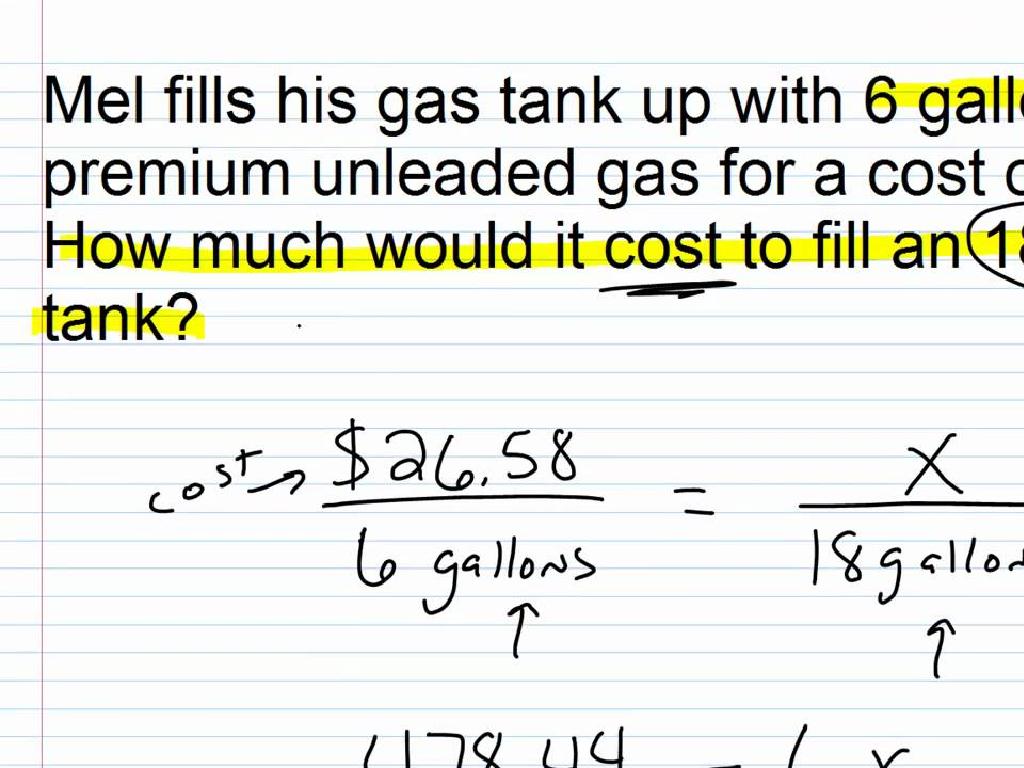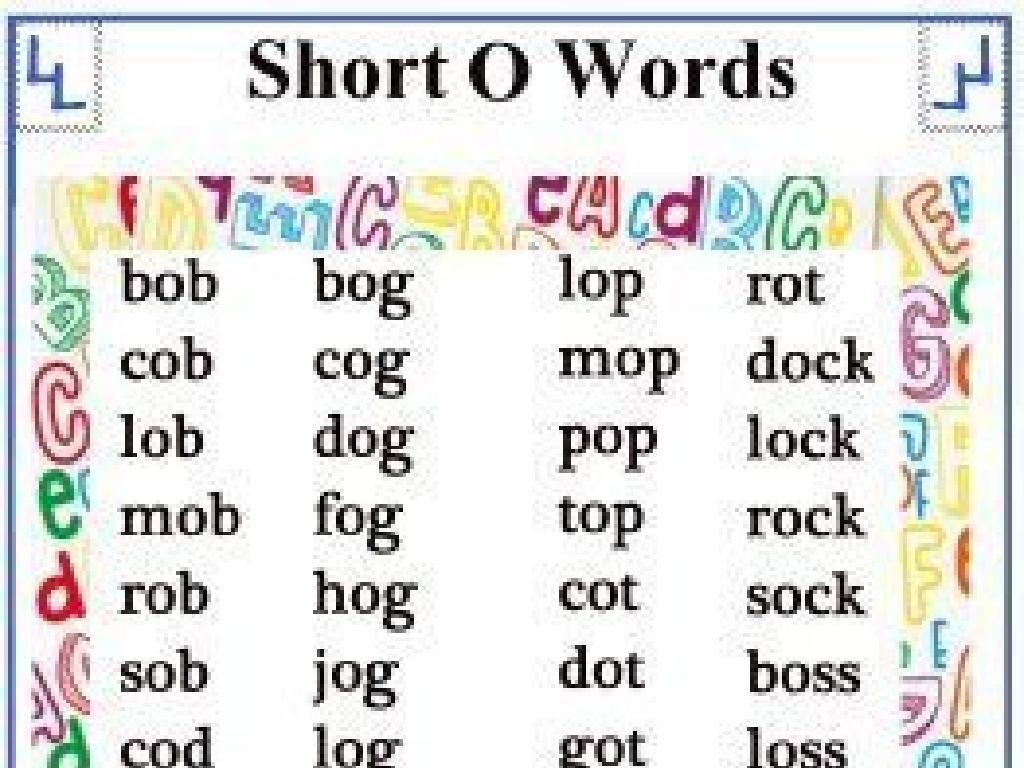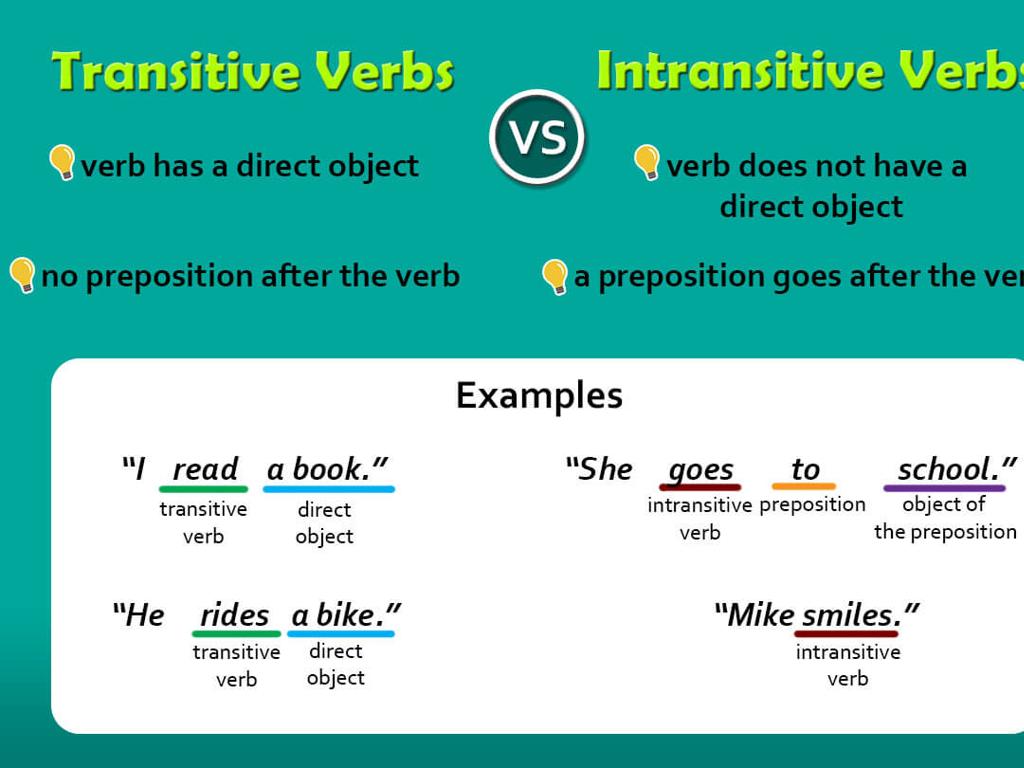Determine The Meaning Of Words Using Synonyms In Context
Subject: Language arts
Grade: Fourth grade
Topic: Context Clues
Please LOG IN to download the presentation. Access is available to registered users only.
View More Content
Today’s Adventure: Synonyms in Context
– Exploring Context Clues
– Context clues are hints to figure out new words.
– Synonyms Unlock Meanings
– Synonyms are words with similar meanings.
– Finding Synonyms in Sentences
– Look for ‘like’ or ‘as’ to find synonyms in a sentence.
– Practice with Synonyms
– We’ll do fun activities to become synonym detectives!
|
This slide introduces the concept of context clues with a focus on using synonyms to determine the meaning of unfamiliar words. Context clues are the hints or information given in the text that help readers understand the meaning of new words. Synonyms, which are words with similar meanings, can be particularly helpful. Teach students to look for words or phrases in a sentence that indicate a synonym might be present, such as ‘like’ or ‘as’. Encourage them to think of synonyms as keys that unlock the meaning of new words. To reinforce this concept, plan engaging activities where students can practice finding and using synonyms in context. This will help them become more proficient readers and expand their vocabulary.
Understanding Synonyms
– What are synonyms?
– Words with similar meanings, like ‘big’ and ‘large’.
– Examples of synonyms
– ‘Happy’ is similar to ‘joyful’, ‘sad’ is like ‘unhappy’.
– The usefulness of synonyms
– They help us understand words and avoid repetition.
– Practice finding synonyms
|
This slide introduces the concept of synonyms to the students. Begin by explaining that synonyms are words that have similar or the same meanings, which can be used interchangeably in many contexts. Provide clear examples such as ‘happy’ and ‘joyful’, or ‘sad’ and ‘unhappy’ to illustrate the point. Discuss with the class why synonyms might be useful: they enrich our language, make our writing more interesting, and can help us better understand the meaning of unfamiliar words by relating them to ones we know. Encourage students to think of synonyms for words they use every day. As an activity, have students find synonyms for words in their favorite books or during a reading session.
Using Synonyms as Context Clues
– Authors use synonyms as clues
– Synonyms are words with similar meanings used to clarify terms
– Synonyms help guess new words
– Find a synonym in a sentence to understand an unfamiliar word
– Practice with example sentences
– We’ll look at sentences and find clues to word meanings
– Discover meanings together
|
This slide introduces the concept of using synonyms as context clues, a strategy that helps students determine the meaning of unfamiliar words while reading. Explain that authors often include synonyms or similar words to make their writing clearer to the reader. Encourage students to look for these clues in sentences to help them infer the meaning of new vocabulary. Provide examples where a synonym is used alongside a new word, and work through these examples together in class. This interactive approach will help students become more independent readers and enhance their vocabulary skills.
Example Time: Understanding ‘Arid’
– Read the sentence carefully
– ‘Arid’ means what?
– ‘Arid’ is similar to ‘dry’ and ‘barren’
– ‘Dry’ and ‘barren’ as clues
– Synonyms in the sentence hint ‘arid’ means very dry
– Discuss the meaning of ‘arid’
|
This slide is aimed at teaching students how to use context clues to determine the meaning of unfamiliar words. By reading the sentence and identifying synonyms like ‘dry’ and ‘barren’, students can infer that ‘arid’ also refers to something very dry, typically used to describe deserts or climates with little to no rainfall. Encourage the students to discuss and share their thoughts on how these context clues help define ‘arid’. This exercise will enhance their vocabulary and comprehension skills. Make sure to guide them through the process of using synonyms as context clues and validate their conclusions in the discussion.
Practice Makes Perfect: Finding Synonyms
– It’s your turn to find synonyms!
– Read sentences and spot synonyms
– Look for words that have similar meaning in the sentence
– Pair up to figure out new words
– Discuss with your buddy what each new word could mean
– Share your findings with the class
– Be ready to explain how you guessed the word meanings
|
This slide is designed to engage students in a hands-on activity to reinforce the lesson on using synonyms as context clues. Students will actively participate by finding synonyms within provided sentences, which will help them deduce the meaning of unfamiliar words. Working in pairs encourages collaboration and discussion, allowing students to verbalize their thought process and reasoning. As they share their findings with the class, it provides an opportunity for peer learning and for the teacher to offer feedback and further clarification. The activity should be structured with clear examples to start and then gradually move to more challenging sentences. Encourage students to think about the words they already know that could fit into the sentence and make sense in the context.
Group Activity: Synonym Search!
– Form groups for synonym hunting
– Find synonyms in beloved books
– Look for words with similar meanings
– Build a ‘Synonym Wall’ in class
– Use sticky notes to display on wall
– Present your synonym discoveries
– Share how each synonym fits in context
|
This interactive group activity is designed to help students understand the concept of synonyms and how they can be used to determine the meaning of words in context. Divide the class into small groups and have each group select their favorite book or story. Their task is to find words and their synonyms within the text. They will then create a ‘Synonym Wall’ in the classroom, using sticky notes or other materials to display the words they’ve found. Encourage creativity in the display. Finally, each group will present their findings, explaining how the context helped them determine the synonyms. This activity promotes teamwork, critical thinking, and a deeper understanding of vocabulary in context.
Review and Reflect: Synonyms in Context
– Recap on synonyms and context clues
– Importance of synonyms in learning
– Synonyms help us grasp the meaning of new words by relating them to known words.
– Share a new word and its synonym
– For example, if you learned ‘swift’, you might say it’s a synonym for ‘fast’.
– Discuss how synonyms aid comprehension
|
This slide aims to consolidate the day’s learning about the use of synonyms as context clues. Start by asking students to summarize what they’ve learned about how synonyms can help determine the meaning of unfamiliar words. Emphasize the importance of synonyms in expanding vocabulary and understanding text. Encourage each student to share a new word they’ve learned, along with a synonym for that word, to reinforce the concept. Finally, facilitate a discussion on how recognizing synonyms within a text can improve overall comprehension, ensuring students can apply this skill in their reading.
Class Activity: Synonym Bingo!
– Let’s play Synonym Bingo!
– Match synonyms on your bingo cards
– Find words on your card that mean the same as the ones I say
– Listen for words I read aloud
– First full row wins a prize!
– Get ready for a fun challenge and a chance to win!
|
This interactive class activity is designed to help students understand and practice using synonyms in context. Prepare bingo cards in advance with a variety of words and their synonyms. Read out words from your list, and students will mark off the synonyms they find on their cards. The first student to get a full row (horizontal, vertical, or diagonal) and shout ‘Bingo!’ wins a prize. Make sure to have a list of words that are appropriate for the fourth-grade level. Possible variations of the game could include using antonyms or providing sentences with missing words instead of just reading out words. This activity will engage students in a fun way to reinforce their understanding of synonyms and context clues.

